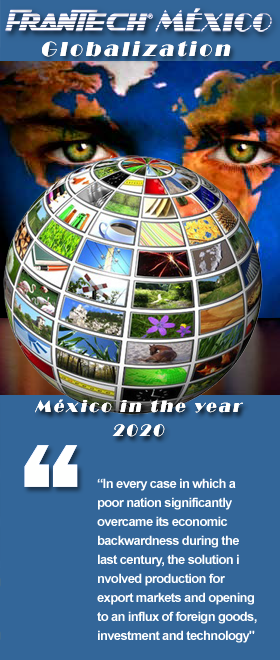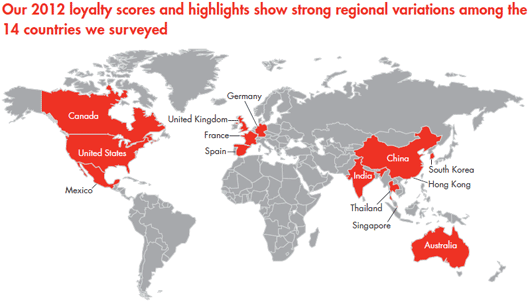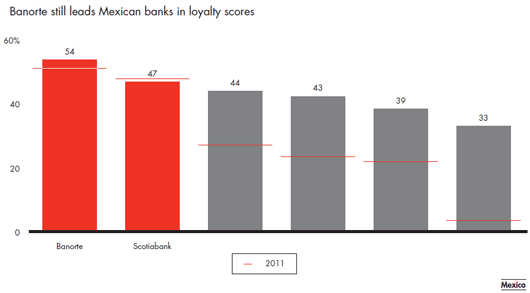
FranTech México And Globalization
Globalization is not an enemy of development as the protesters would have us believe. The main losers in today's very unequal world are not those who are too much exposed to globalization, but rather those who have been left out.
This exclusion is something that should trouble all of us. Practical experience has shown that trade and investment not only bring economic of "sustain ability" all these things come together when countries adopt appropriated policies and restitution.
What is needed is greater determination to tackle social and pellicle issue directly. The private sector (NGOs or Non-Governmental Organizations) are a key part of the solution. Transitional NGOs, which are often the prime movers of liberalization, can lead and spread responsibility for dealing with its social and economic consequences.
Economic rights and social responsibilities are two sides of the same coin. Clearly, trade is butter than aid. Sustain ability is better than aid. Sustain ability is better than depletion.
If industrialized countries did more to open their markets, developing countries could increase their exports by many billions of dollars per year -far more than they receive in aid. For many millions of poor people this could make the difference between their present misery and a decent life.
After the devastation of the Second World War, far-sighted statesmen deliberately constructed a post war economic and political order governed by the rules that would make free trade possible and thereby, they believed, make future wars less likely. Several factors combined, at the time, to make such a liberal world order possible. One of them was board consensus on the role of the state in ensuring full employment, price stability and social safety nets. Another was that most big firms were within a single country-so that international economic relations could be negotiated between states, each of which corresponded to a distinct national economy, and could be controlled by raising or lowering barriers at national frontiers. That in turn made it relatively easy to put in place a set of international organization that were based on, and in their turn supported, the economic order, the World Bank, the International Monetary Fund, GATT, and the United Nations.
Today's world is very different, today networks of production and finance have broken free from national borders and become truly global. But they have left the rest of the system far behind. National states, and the institutions in which they are represented, can set the rules within which international exchanges take place, but they can no
longer dictate the terms of such exchanges exclusively among themselves. The new global economy is not embedded, as the old national economies were, in a broad framework of shared values and institutionalized practices. The result is that, on top of the gross imbalance of power and wealth between industrialized countries and developing ones, there is now a second imbalance the gap between the integration of the world economy and the continued parochialism of political and social institutions. Whereas economics is global, politics remains obstinately local. It is for this reason that so many people, even in the industrialized world, feel vulnerable and helpless. That is why humankind has arrived at such a historic juncture.
FranTech México Loyalty trends worldwide, México is among the top 14 countries.
When it comes to loyalty rankings, it's all relative. As banks review their Net Promoter scores, those with high scores may be tempted to compare across markets and declare themselves "best national bank" or "best credit union" globally.
That would be misleading. Different countries exhibit structural differences in loyalty scores. We consistently find easier grading in some markets (the US and México, among others) and very tough grading in others (the UK and France). Even within the US, we find variance among regions.
What matters most to an individual bank is its rank relative to its peer group. Retail banking remains a largely local business, as consumers compare one bank with other realistic alternatives in the local market. Increasingly, though, the peer group for banks in a local market includes direct banks, such as ING Direct, and in the US, monoline credit card companies and investment houses.
Our 2012 loyalty scores and highlights show strong regional variations among the 14 countries we surveyed.

14 Countries
| Americas | Europe | Asia-Pacific |
| Canada | France | Australia | Singapore |
| México | Germany | China | South Korea |
| United States | Spain | Hong Kong | Thailand |
| United Kingdom | India |
Note: 4,400 customers where served out of seven Mexican Banks, and it was included the six banks with a sufficient sample size. Here are the highlights.

Loyalty leaders. Banorte leads the pack, followed by a group that is clustered closely together. (Ixe, now owned by Banorte, had too small a sample to be included, but the data from that sample suggests it ranks among the loyalty leaders.) Banorte has a simple, reliable value proposition for most customers.
We have the power to decide whether the 21st century
will be like the first half of the twentieth, only worse -or like the second half, only better,
we cannot take the onward march of free and the rule of law for granted.
Instead, we must resolve to underpin the free global market with genuinely global values and secure it with effective and neutral institutions. We must show the firm leadership in defense of human rights, sustain ability, labor standards and the environment. In short, we must emulate and extend the wisdom, and the imagination and the resolve, those who laid the foundations of the liberal world order after the Second World War, They made change work for the people -we of the Neutral Zone Project will and must do the same.
The Neutral Zone Project is a legendary effort undertaken to unite the humanity on its way to progress and to create a New World Order that shall become the cradle of evolution for our future generations.
FranTech México Key Points:
- (1) Quality Networking Opportunities That Yield Profitable Partnerships.
- (2) FranTech México; an Authorized México Business Agent.
- (3) México: Helping Women Design Business Blueprints.
- (4) Mexican MFA holds a seminar on opportunities in the México-México relationship.
- (5) Team Proposal.
- (6) Emerging Markets.
For more information email: Info@FranTechMecico.com
FranTech México's Global Consultants Network
Joint Venture and Licensing Opportunities


